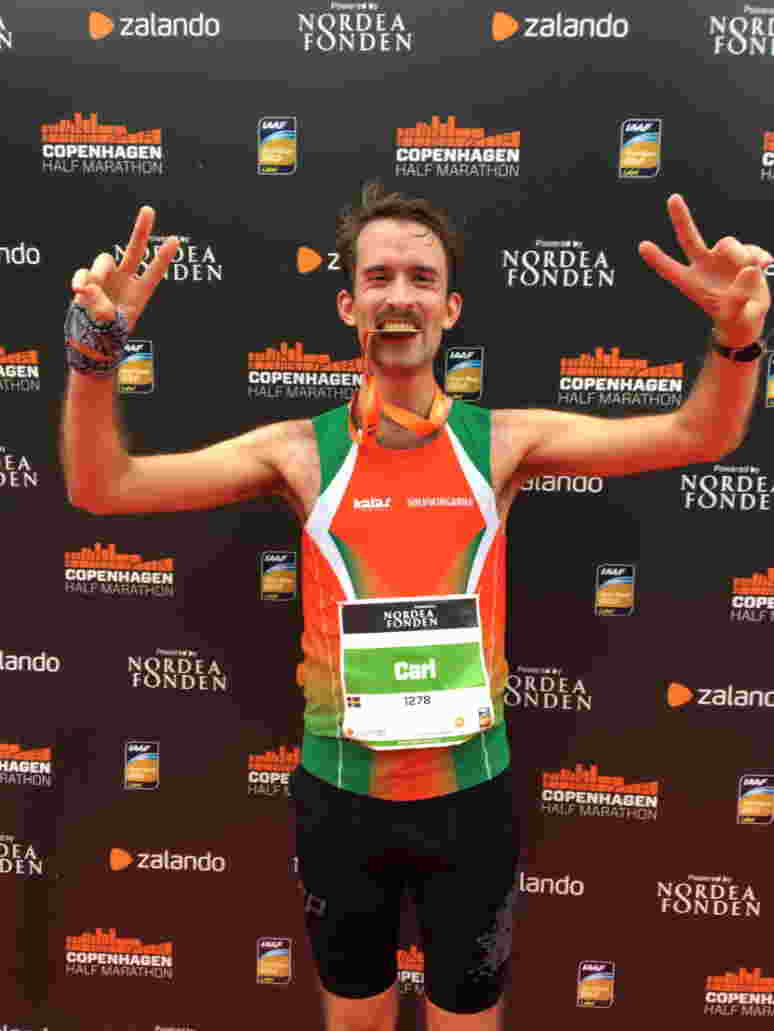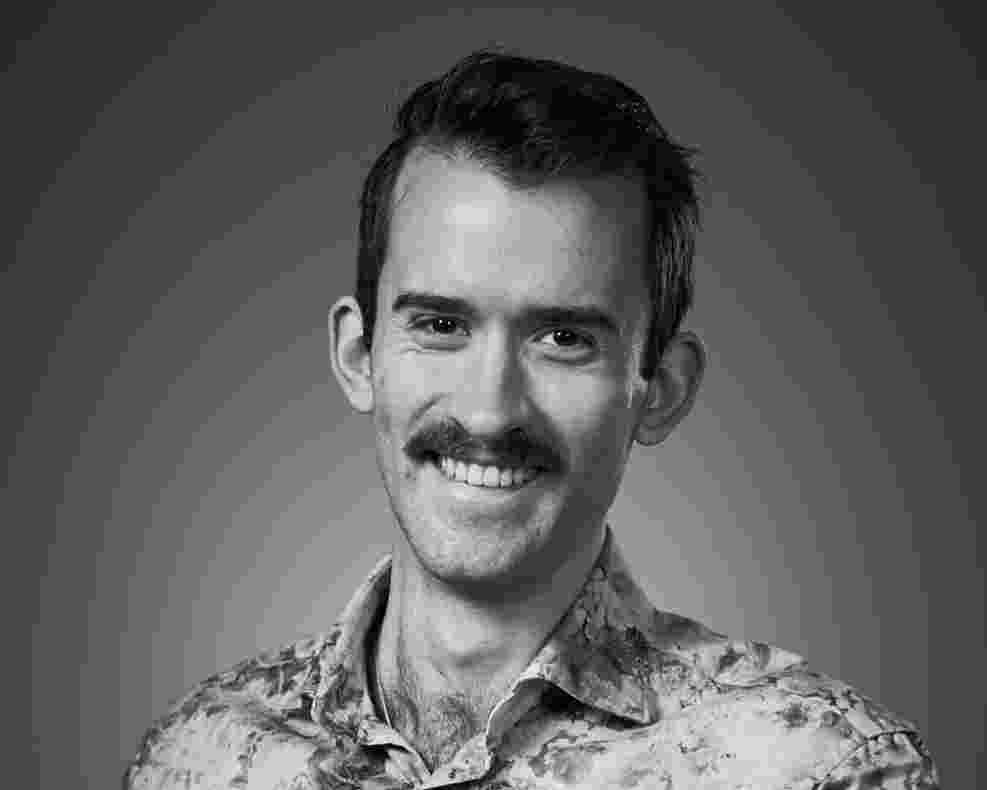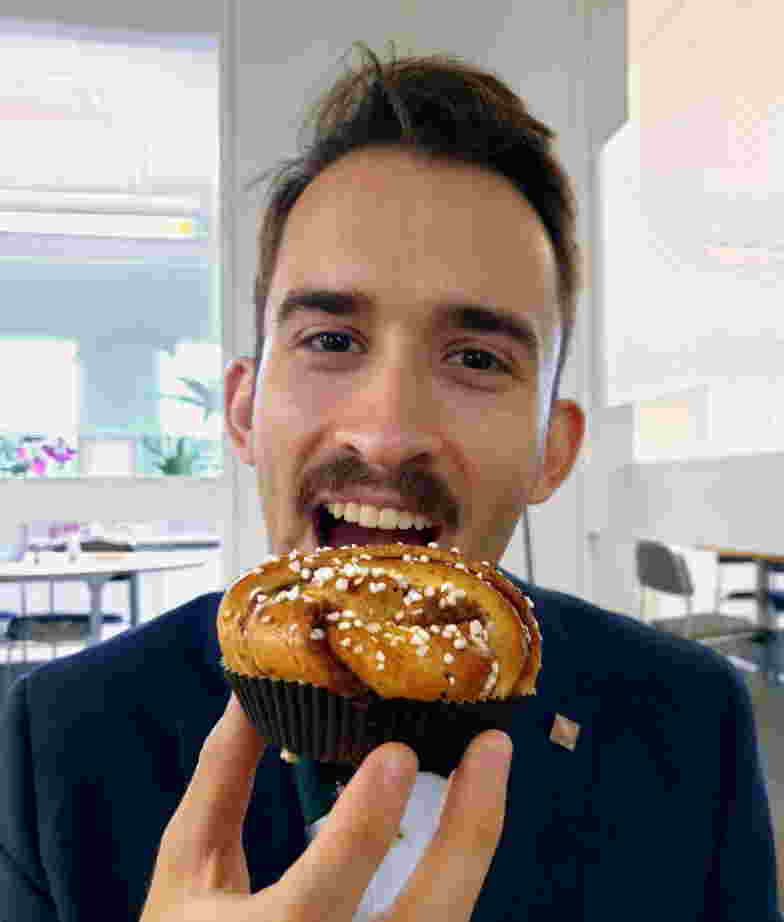Easy enough for 12-year-olds - IPT alumnus Carl Toller


Carl Toller is a design engineer at the Gothenburg engineering company Forma. It is known for its contribution to the interior of the Volvo CX40, the car of the year 2018. The travel-loving mechanical engineer is involved in the Swedish Rheumatism Society and has also been president of the student union of his alma mater, the Chalmers University of Technology. In his many different projects he still uses a self-developed framework based on a project of the Fraunhofer Institute for Production Technology IPT. He spends his free time with marathon competitions and training. Running, as he puts it, is the best way to develop new creative ideas.
What led you to Fraunhofer?
It was in autumn 2015, during my Erasmus year at RWTH Aachen University. I was a mechanical engineering student with a focus on product development and management. A young lecturer informed us about his job at Fraunhofer and his project. That sounded exciting to me and he arranged to join his team. That was a stroke of luck, because during my stay abroad I not only wanted to go to school but also gain practical experience.
What were the main interests, what was the project about?
It was a project for Simon Ryschka's dissertation. Together with other students and Master's students we investigated which strategic goals diversified companies with an international perspective can achieve with the help of technology platforms. Also the implementation and how market potentials can be tapped was subject of this research. The result of this cooperation between RWTH Aachen University and Fraunhofer IPT is a descriptive model that makes it easier for companies to better understand technology platforms and set strategic goals.
What did you gain from your time at Fraunhofer?
When I returned to Sweden from Fraunhofer in order to continue my studies, I noticed that during these months I had made a very clear professional development. I made a big step forward that I would not have made at home. Perhaps it was the passion for excellence at Fraunhofer that had a lasting influence on me.
I was certainly inspired by the fact that I was working in the field led by Prof. Günter Schuh. Today, his projects are known far beyond the academic world, and I continue to follow them with great interest. The most important aspect was propably the close relationship with the industry at Fraunhofer. At the same time we did not lose the scientific focus. Industrial companies are very self-focused. In the scientific environment, on the other hand, the focus is on evidence, facts and applicability. Fraunhofer manages to unite the best of both worlds.
It was also the Fraunhofer experience that convinced me: When I design a model, it has to be easy to use. My rule of thumb is: you have to be able to explain it to a 12-year-old child within five minutes, otherwise it's too complex.
Why is that?
That sounds a bit provocative and that's the way it's meant to be. But otherwise such models are not used. A manager with a busy schedule has other worries than entering data into a sheet he doesn't understand. He is also not interested in doing a one-week training only to be able to work with a model.
In this project I made many interesting experiences, learned a lot about technology platforms. I was then able to use these results for my own master thesis. I developed a framework with which companies can determine their status quo and check which strategic steps make sense. I still work with this model in my projects today.
